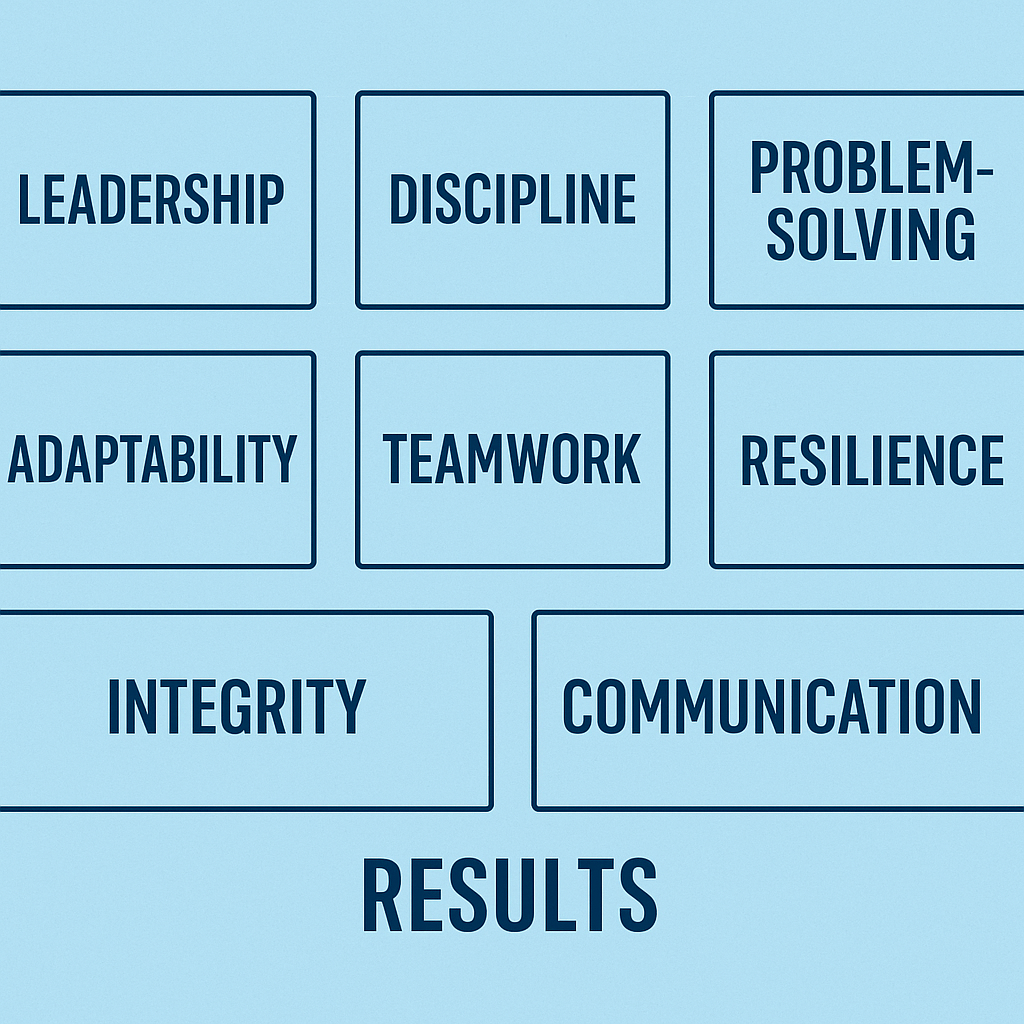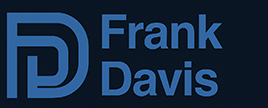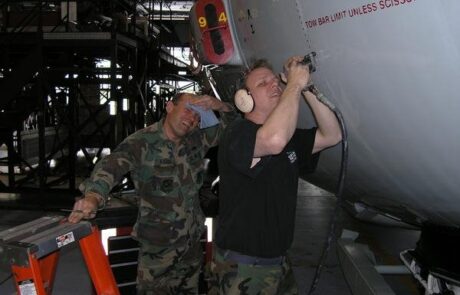Why Veterans Excel in Modern Business
As business evolves in an increasingly competitive and digital-first world, one truth remains constant: organizations thrive when they leverage the full spectrum of human experience. Veterans — particularly service-disabled and transitioning military professionals — bring a rare combination of discipline, adaptability, and mission-driven leadership that sets them apart.
Transitioning from military to civilian life can be challenging, but many veterans have successfully leveraged their operational mindset and strategic resilience to build and scale businesses. In this article, we explore the key strengths veterans bring to business operations and how their strategies differ from non-veteran counterparts.
Core Strengths Veterans Bring to Business
🧭 Leadership and Team Management
Veterans are trained to lead in high-pressure, uncertain environments. Military service develops:
- Confidence in decision-making
- A strong sense of responsibility
- Team-first leadership culture
These skills directly enhance team performance, accountability, and strategic direction in business environments.
🔄 Adaptability and Flexibility

Veterans are masters at adjusting to dynamic conditions — whether on the battlefield or in the boardroom. They:
- Thrive in uncertainty
- Embrace change with confidence
- Recalibrate operations quickly in response to challenges
This adaptability enables veterans to pivot quickly when markets shift, customer needs evolve, or business models need refinement.
🧠 Problem-Solving and Critical Thinking
Military training prioritizes logical thinking, situational awareness, and mission planning. Veterans are well-versed in:
- Analyzing complex problems
- Deploying decision-making frameworks
- Executing solutions under pressure
These skills are invaluable for entrepreneurs managing logistics, staffing, growth challenges, and resource allocation.
🗣️ Communication and Collaboration
Military operations rely on clear, timely communication. Veterans learn to:
- Convey intent and instructions with precision
- Listen actively and absorb situational context
- Coordinate across diverse roles and functions
In business, this results in fewer misunderstandings, stronger stakeholder alignment, and tighter project execution.
🛡️ Resilience and Perseverance
Service members face physical, emotional, and psychological stress — and still push forward. This grit becomes an asset when:
- Launching or scaling a business
- Navigating downturns or setbacks
- Building long-term strategies
Comparing Strategies: Veterans vs. Non-Veterans in Business
🎯 Veterans: Mission-Oriented Strategy
Veterans naturally gravitate toward mission-centric approaches. They prioritize:
- Clear objectives and performance metrics
- Team cohesion and purpose
- Disciplined project management
This structured mindset fosters:
- Efficient workflows
- Measurable accountability
- Results-driven culture
🔁 Non-Veterans: Adaptive and Iterative Strategy
Many non-veteran entrepreneurs lean into agile business methods. Their strategies often involve:
- Innovation through iteration
- Testing and refining ideas quickly
- Emphasis on design thinking and market feedback
This model excels in:
- Rapid product development
- Creative marketing campaigns
- Customer-centric service adjustments
Side-by-Side Strategy Comparison
| Trait | Veterans | Non-Veterans |
|---|---|---|
| Goal Setting | Mission-defined | Iterative and evolving |
| Leadership | Chain of command | Distributed collaboration |
| Adaptability | Trained under duress | Learned through iteration |
| Innovation | Through process & precision | Through experimentation |
| Accountability | Discipline-based | Culture-driven |
Case Studies: Real-World Examples
🛡️ John – Veteran Cybersecurity Startup Founder
John, a U.S. Army veteran, applied his operational security background to launch a cybersecurity company. His disciplined scheduling and structured incident response protocols gained traction with government contractors.
⚓ Sarah – Veteran Tech Team Leader
Sarah, a U.S. Navy veteran, leads a high-performing dev team in a SaaS company. She uses her experience in cross-functional naval teams to manage agile sprints, resolve team conflicts, and ensure deadlines are met.
Best Practices for Veteran Entrepreneurs
- Define and Communicate Your Mission
- Write a clear mission statement that connects with clients and internal teams.
- Use Your Network
- Leverage connections through SDVOSB directories, LinkedIn, and veterans’ chambers.
- Invest in Continued Learning
- Stay up-to-date on digital tools, funding options, and scaling strategies.
- Stay Agile While Staying True to Core Values
- Flexibility doesn’t mean lack of structure; adapt without losing your mission.
- Tell Your Story
- Your military service and transition are part of your brand — let people connect with it.
Recommendations for Employers
Businesses hiring or collaborating with veterans can benefit significantly by:
- Offering leadership opportunities early
- Promoting a culture of accountability and mission alignment
- Encouraging mentorship between veterans and non-veterans
- Using tools like EOS (Entrepreneurial Operating System) to blend structure with flexibility
Final Thoughts
Veterans are a strategic asset in business. Their mindset, skillset, and values align well with long-term success, especially in roles that require leadership, adaptability, and execution.
Organizations that tap into veteran talent — or support veteran-led ventures — gain not just team members, but mission-ready operators.
Additional Resources
- Books:
- “The Military Guide to Starting Your Own Business” – Robert F. Walsh
- “Veteran’s Guide to Starting a Business” – Brian D. Buck
- Articles:
- “The Value of Veterans in the Workplace” – Forbes
- “Veterans in Business” – Entrepreneur
- Organizations:
- Veterans Business Outreach Center (VBOC)
- SBA Veterans Business Development Program
- SDVOSB Network – https://sdvosbnetwork.com
Ready to lead your next mission in the business world? You’re already trained. Now it’s time to get visible and get to work.
For help launching or scaling your veteran-owned business, visit https://mediapillars.com or reach out directly through https://frankdavis.us.








Leave A Comment